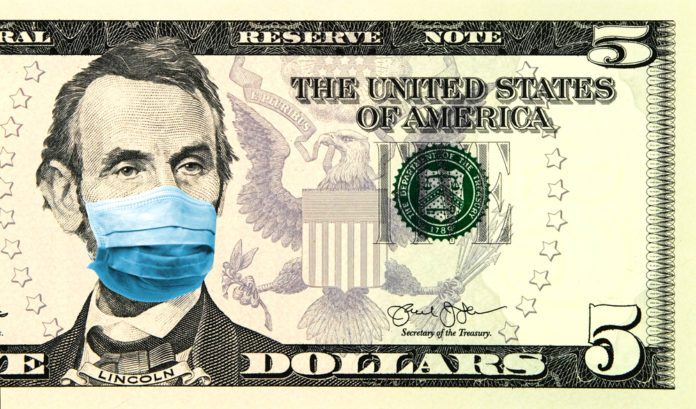The agency determined the protester had not proposed a reasonable price. The protester objected to the reasonableness evaluation, arguing the agency had failed to account for the COVID-19 pandemic and inflation. If the agency had accounted for these factors, the protester argued, it would have found the protester’s price more reasonable. GAO, however, found that nothing required the agency to consider factors like the pandemic or inflation in assessing reasonableness. In any event, the agency had considered changes in market conditions, but the protester’s price was still 80 percent higher than the historical price.
The Regal Press, Inc., GAO B-420831
Background
The Government Publishing Office (GPO) posted an invitation for bids seeking the production of embossed certificates. GPO received two bids, but one of the bidders withdrew, leaving The Regal Press as the sole bidder.
GPO evaluated Regals’ price but found that it was 80 percent higher than the adjusted historical price. GPO determined that Regal’s price was unreasonable and canceled the IFB. Regal protested.
Analysis
Regal alleged GPO had erred in evaluating the reasonableness of its bid. The Army had assessed reasonableness using a 2020 contract for the same services. Regal contended that contract was issued before the COVID-19 pandemic, which had impacted the costs of certificates. Regal also claimed the price reasonableness evaluation failed to account for inflation over the last two years.
GAO noted that the assessment of price reasonableness is within the agency’’s discretion. Regal had cited no authority requiring the agency to consider any specific factor in making a price reasonableness determination. In any event, the record showed GPO had adjusted the 2020 contract to account for changing market conditions. Even with those adjustments, Regal’s bid was still 80 percent higher than the adjusted amount. The price reasonableness evaluation was reasonable.
Regal is represented by Anthony W. Hawks of Anthony W. Hawks Law Office. The agency is represented by James Goodman, III of the Government Publishing Office. GAO attorneys Emily R. O’Hara and Peter H. Tran participated in the preparation of the decision.
–Case summary by Craig LaChance, Senior Editor




